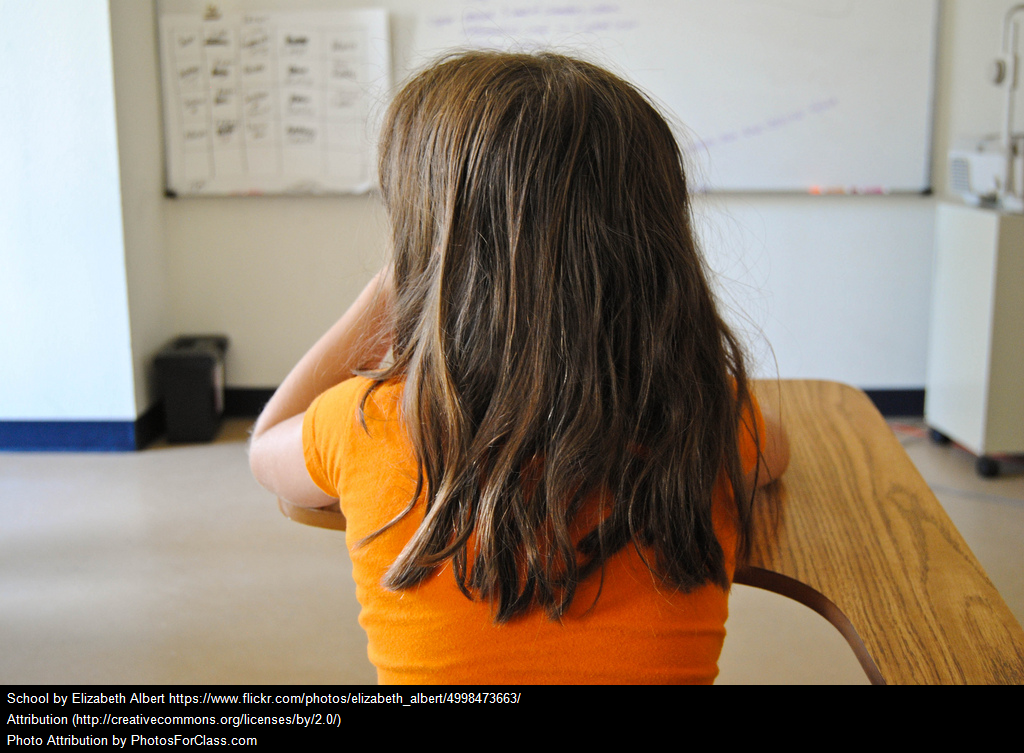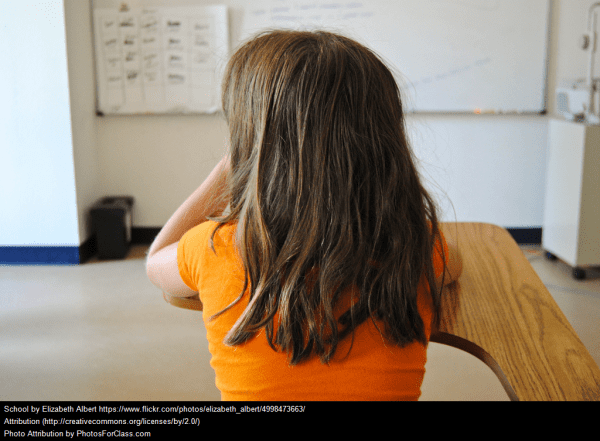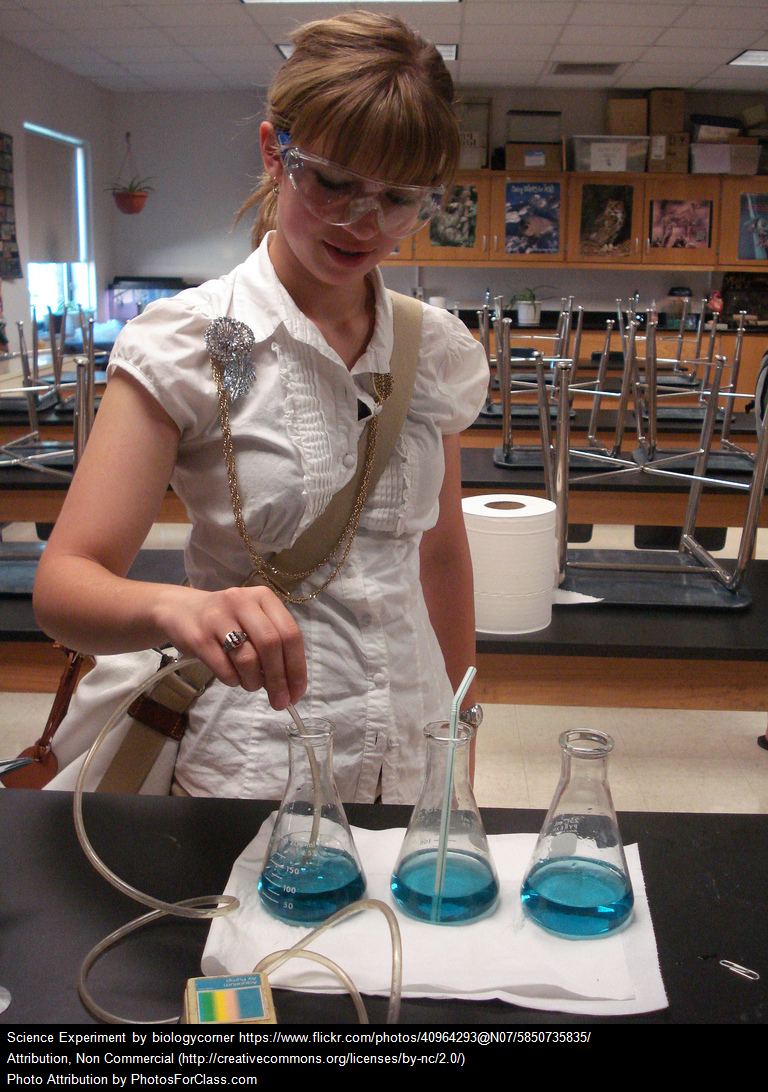Guest post by Anne-Marie De Silva, ERC Consultant at the English Montreal School Board
Will our students need to rediscover the joy of learning in spite of school, rather than because of it? What do you think? Tweet @learnquebec or share your thoughts below.
When I first began teaching, my father quipped, “Don’t worry, the kids will learn in spite of you.” His joke refers not only to my questionable skill as a teacher, but also to the innate human drive to learn, the brain pre-programmed from birth with a need and hunger to learn; what Maria Montessori referred to as “The Absorbent Mind” (Montessori, 1906). We are all born learners, yes, but the question is, do schools capitalize on this natural human capacity, or inhibit it? Will our students need to rediscover the joy of learning in spite of school, rather than because of it?
Mission statements that are proudly displayed in the entrance of most schools promise commitment to “developing life-long learners”. But what does that mean? How are life-long learners created? Are teachers really aware of their commitment to this goal?
I have been pondering these questions in light of my recent experience taking a self-defence class, along with ten other middle-aged, out-of-shape women; all of us learning something completely new to us. The teacher would demonstrate a move, allow us all to try it slowly along with him, and then immediately began to differentiate. Some of us required the teacher to reteach the move, others needed him to watch them practice it to see if they were doing it correctly; still others felt ready to practice on their own. However, what really struck me was that the teacher didn’t presume to tell us what we needed in order to learn; rather we articulated our needs to him and he responded accordingly.
Granted, we are adults and not 6 year old children, but nevertheless, we knew our own learning styles, knew how to articulate our needs, and knew how to use the resources available to us if we needed help. Hallmarks of life-long learners, it seems to me. So presumably, these are the skills we should be developing in our 6 year olds and on up, to create future life-long learners.
Moreover, the women in this class knew something intrinsic about learning, which was motivating us to try something out of our comfort zone: learning is satisfying, empowering, self-esteem boosting, worthwhile, and most of all, fun.
Yet from my teenage daughter’s perspective, learning is hard, boring and pointless. When I asked how she was doing in a certain class, she responded, “I don’t know, we’ll see when the marks come out.” This struck me as a typical answer from a high-school student, but the more I reflected on it the more strange it seemed. Was she not present when the learning took place? I knew what I had mastered in my self-defence class, and what I was struggling with. Of course my daughter probably knows more than she is letting on, and could gauge her learning in other classes; but it was that disconnection from her learning that struck me as both sad and yet strangely typical. Waiting for the teacher to tell her if she has successfully learned something seemed backwards, given my recent experience in learning something new. In that context, I have to agree with her: learning for the sake of a number on a paper is both boring and pointless. How does relying on a summary of one’s learning from an external source develop the ownership, autonomy, authenticity and love of learning that are the prerequisites of life-long learners?
Of course Quebec’s Educational Reform was an attempt to address these issues, encouraging cooperative learning, student portfolios, peer and self-evaluation, etc. And yet, somehow, ownership of student learning still seems to be firmly in the grasp of the teacher rather than the learner. This is not meant as a critique of individual teachers, whom I know are doing their best in a system fraught with obstacles to success; but rather a commentary on how difficult it is to bring about real and lasting change to an institution designed centuries ago.
If we are really committed to developing life-long learners, as opposed to ten-month learners, schools and teachers must make a conscientious effort to engage students in their own learning, to allow them to understand their own learning styles, to help them to recognize their own success in learning and to articulate their needs when they encounter obstacles. Students need to experience the joy and empowerment that learning brings, to celebrate their successes and to feel the benefit of having persevered when things got difficult. Keeping these goals in mind from kindergarten on up will help develop the skills necessary for students to learn independently long after graduation. Schools can and will become the catalyst for life-long learning, but not without this conscious, collaborative work on our part.
If all else fails, keep in mind: the kids can still become life-long learners in spite of us.







Here’s a humorous chemistry blog that touches on astronomy, periodic table basics and elemental abundance made possible by lifelong learning about a subject that grows better with age.
http://uvachemistry.com/2013/01/03/whats-in-their-names-is-in-spica-and-pork-chops/
Do teachers really control learning? To me it seems to be controlled by the educational bureaucracy! They constantly redesign programs for students and for student-teachers, and the results are less than stellar.
To attain lifelong learning in the general population, we need motivators, cultivators of aptitude and masters of persistence to pass on the traits. And for them to be successful we need a variety of programs from elementary school onward, not the monotony that presently enslaves us. We need a sustainable society that truly places knowledge and skills above money and avarice.